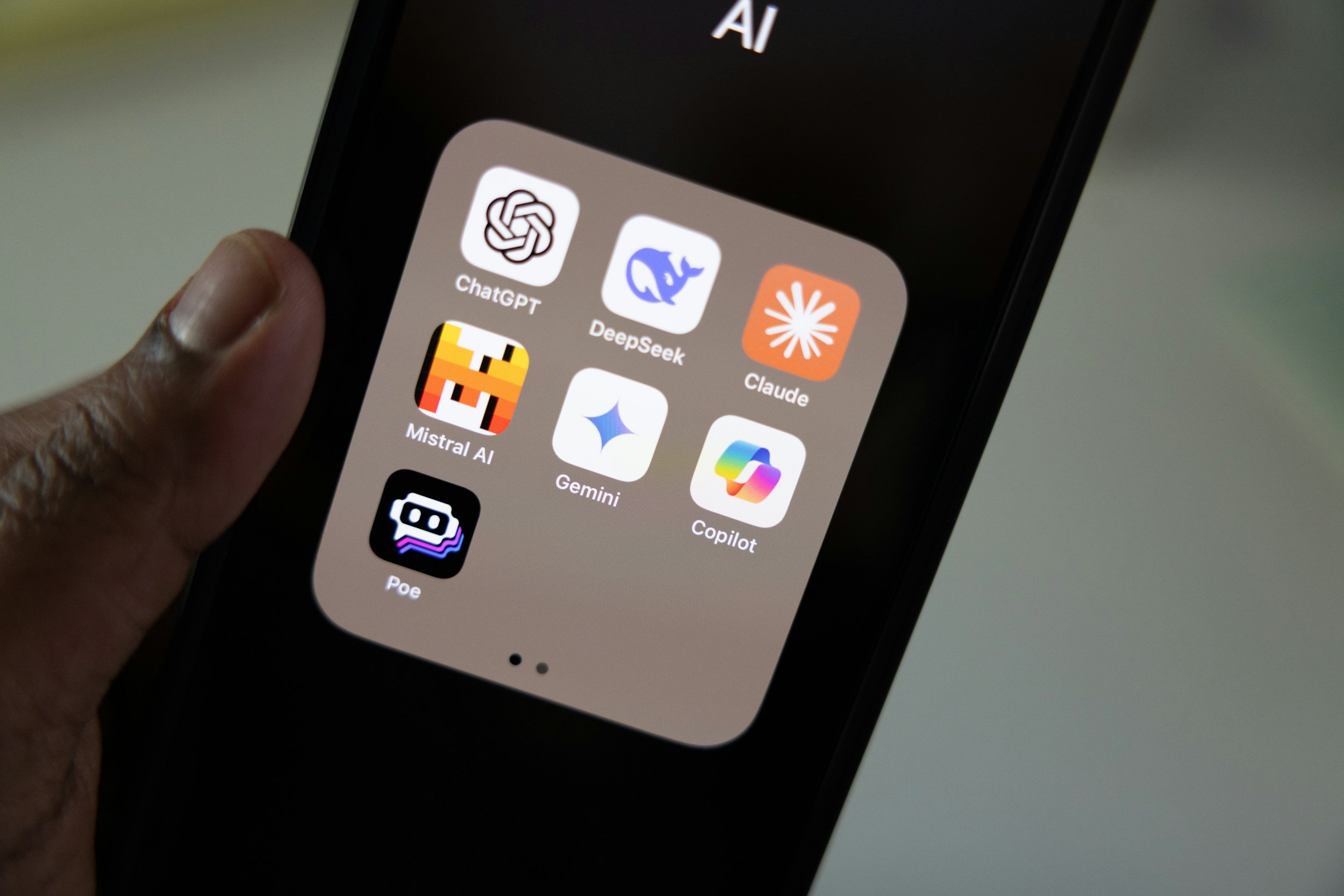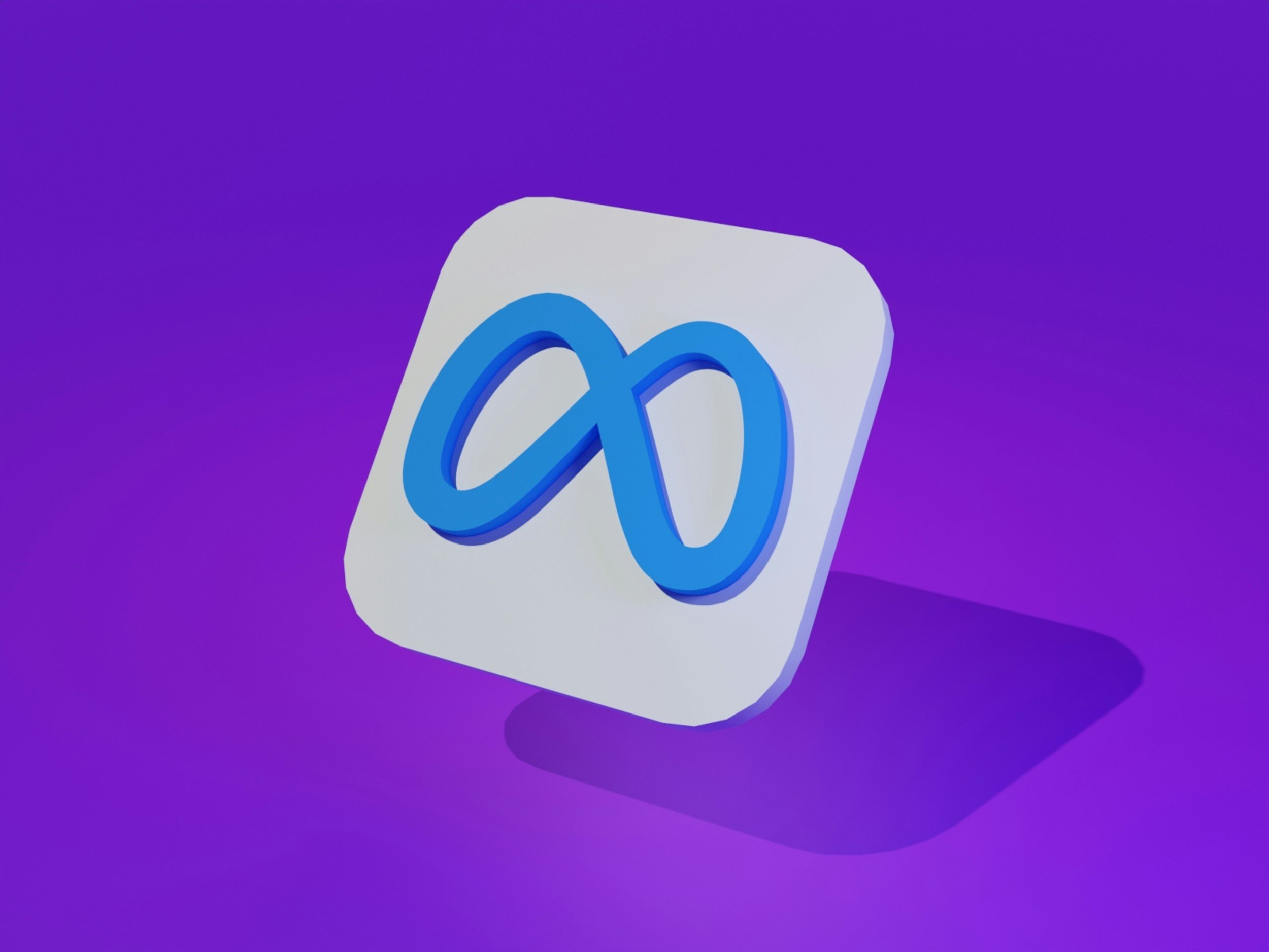Character.AI Introduces ‘Parental Insights’ Feature to Enhance Teen Safety
Image Credit: Jacky Lee
In a move aimed at bolstering safety for its younger users, Character.AI, a widely-used chatbot platform, has rolled out a new feature called "Parental Insights". This optional tool allows teenagers to share a weekly summary of their chatbot activity with their parents via email, providing a window into their engagement without compromising the privacy of their conversations. The announcement comes as part of a broader effort by the company to address growing concerns about minors’ exposure to potentially harmful content and excessive screen time on the platform.
[Read More: Teenagers Embrace AI Chatbots for Companionship Amid Safety Concerns]
Details of the Parental Insights Report
The "Parental Insights" feature generates a report that outlines key metrics of a teen’s interaction with the service. This includes the average daily time spent on both the web and mobile versions of Character.AI, a list of the most frequently engaged chatbot characters, and the duration of interactions with each. Notably, the company emphasizes that this summary is not an exhaustive record—specific chat contents remain private and are not disclosed to parents. This balance between transparency and privacy is designed to foster trust while enabling parental oversight.
To activate the feature, minors can configure it through the platform’s settings by adding a parent’s email address. Parents do not need to create their own Character.AI accounts to receive these updates, making the process accessible and straightforward. The company positions this as a collaborative tool, encouraging dialogue between teens and their guardians about responsible usage.
[Read More: Florida Mother Sues Character.AI: Chatbot Allegedly Led to Teen’s Tragic Suicide]
A Response to Safety Concerns and Legal Pressures
Character.AI’s introduction of "Parental Insights" is the latest in a series of updates targeting the safety of underage users, a demographic that has fuelled the platform’s popularity. The service, which allows users to design and interact with customizable chatbots—or share them publicly—has drawn scrutiny over the past year. Multiple lawsuits have accused the platform of exposing minors to inappropriate material, including sexualized content and messages promoting self-harm. These legal challenges have spotlighted the risks of unmoderated AI interactions, particularly concertos for impressionable teens.
Adding to the pressure, tech giants Apple and Google, which hired Character.AI’s founders in 2024, reportedly faced pressure regarding its app’s content moderation. These developments underscore the urgency for the company to refine its safeguards, especially as enthusiasm for AI regulation intensifies globally.
[Read More: AI Giants Merge: Google’s Strategic Acquisition of Character.AI’s Minds and Models]
Evolving Safety Measures
In response to these concerns, Character.AI has implemented several changes beyond "Parental Insights". The platform now restricts access for children under 13 in most regions and under 16 in Europe, aligning with age-based safety standards. Additionally, users under 18 are shifted to a specialized AI model trained to filter out "sensitive" responses, reducing the likelihood of encountering harmful content. The company has also enhanced its interface with more prominent reminders that the chatbots are artificial entities, not real individuals—a measure intended to curb overattachment or misinterpretation by young users.
These adjustments reflect a significant redesign of the platform’s system, which Character.AI claims is now better equipped to protect its teenage audience. However, the effectiveness of these updates remains under scrutiny, particularly as legal and public demands for accountability persist.
[Read More: The Rise of Character.AI: A Digital Escape or a Path to Addiction?]
Broader Implications for AI and Child Safety
The rollout of "Parental Insights" arrives amid a surging wave of interest in regulating AI technologies, especially those accessible to minors. Governments and advocacy groups worldwide are pushing for stricter guidelines to ensure digital platforms prioritize child safety—a trend that suggests Character.AI’s efforts may be just the beginning. The platform’s proactive steps could set a precedent for other AI-driven services grappling with similar challenges, but they also highlight the delicate balance between innovation, user freedom, and protection.
Analysts note that while the feature addresses some parental concerns—such as time management and interaction patterns—it stops short of tackling the root issues raised in lawsuits, like the generation of harmful content. The decision to exclude chat transcripts from the reports, while preserving teen privacy, may limit its utility for guardians seeking deeper insight into potential risks. This raises questions about whether incremental updates can fully resolve the platform’s controversies or if more systemic changes are needed.
[Read More: Meta's AI Chatbots: Can You Really Chat with Jesus Christ?]
Source: The Verge








